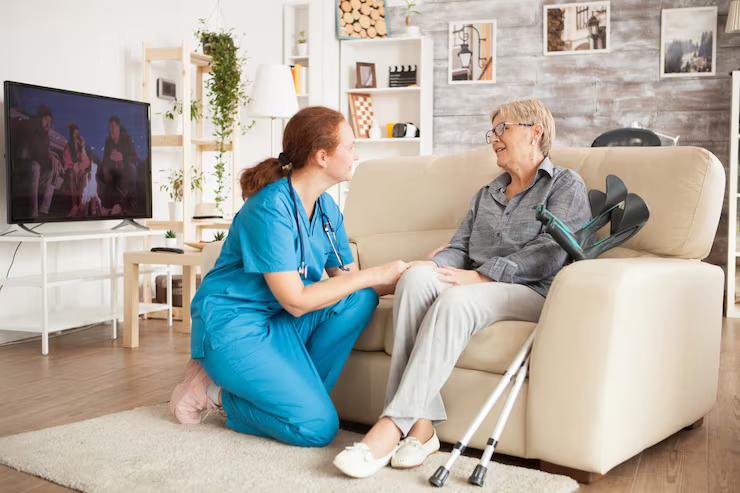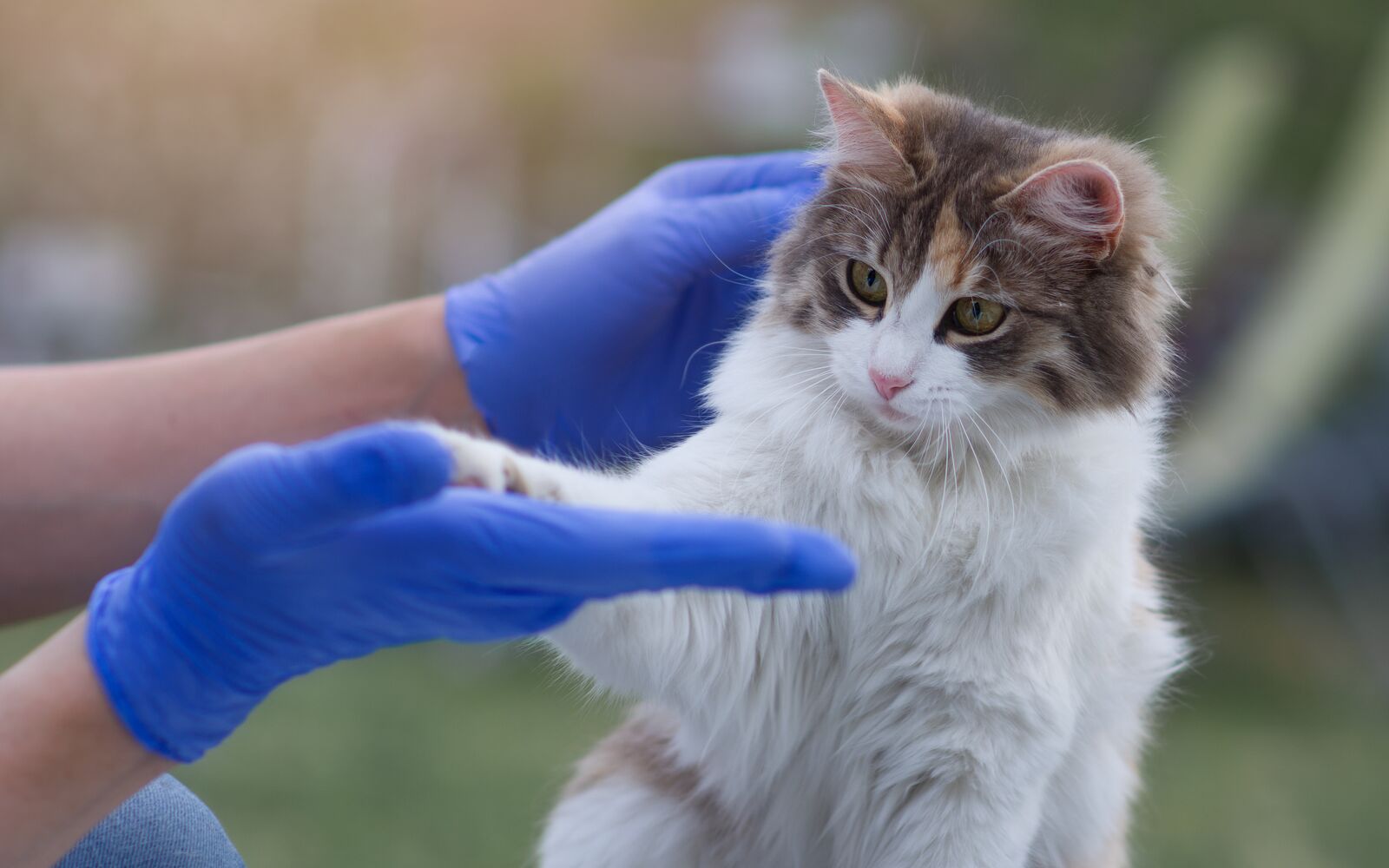Family caregiver classes play a vital role in improving patient outcomes. These classes offer essential training, skills, and knowledge to individuals responsible for caring for loved ones. Whether it is managing chronic illnesses, assisting with daily tasks, or ensuring emotional support, caregivers need proper guidance. When they are well-prepared, patients receive better care, recover faster, and maintain a higher quality of life.
Understanding Family Caregiver Classes
Family caregiver classes are specialized training sessions designed to equip caregivers with essential skills. These classes cover a wide range of topics, from basic first aid to complex medical care. Participants learn about patient hygiene, medication management, and dealing with emergencies. Such training is crucial because caregivers often face challenging situations. Without proper guidance, they may feel overwhelmed. But with these classes, they gain confidence.
Boosting Caregiver Confidence and Skills
A well-trained caregiver is a confident caregiver. Family caregiver classes help individuals build their skills and knowledge. They learn to handle medical equipment, monitor vital signs, and provide emotional support. This not only benefits the patient but also reduces the caregiver’s stress. When caregivers know what to do, they can act quickly and effectively in any situation. This confidence directly impacts patient well-being, making family caregiver classes an essential resource for better patient outcomes.
Enhancing Patient Safety with Knowledge
Safety is a top priority in caregiving. Family caregiver classes emphasize patient safety through proper techniques. Participants learn how to prevent falls, ensure proper medication administration, and maintain a safe living environment. They are trained to recognize early warning signs of health issues, allowing for prompt action. This proactive approach prevents minor issues from becoming severe problems.
Improving Communication Between Caregivers and Patients
Clear communication is essential in caregiving. Family caregiver classes teach participants how to communicate effectively with patients. They learn to listen, understand patient needs, and express instructions clearly. This not only strengthens the caregiver-patient relationship but also reduces misunderstandings. Patients feel more comfortable and are more likely to cooperate when they feel understood.
Managing Stress and Preventing Burnout
Caregiving can be emotionally and physically exhausting. Family caregiver classes also focus on caregiver well-being. Participants learn stress management techniques, self-care practices, and how to maintain a healthy work-life balance. By taking care of themselves, caregivers are better equipped to take care of their patients. This prevents burnout, which can negatively impact both the caregiver and the patient.
Adapting to Changing Patient Needs
Patient conditions can change over time. Family caregiver classes prepare caregivers to adapt to these changes. Whether it is adjusting to a new treatment plan or handling new symptoms, caregivers learn to stay flexible. They understand how to communicate with healthcare professionals, update care plans, and ensure patients continue to receive the best care possible.
Encouraging Emotional Support and Compassion
Beyond physical care, family caregiver classes teach the importance of emotional support. Caregivers learn how to provide comfort, encouragement, and understanding. They understand that emotional well-being is just as important as physical health. Patients who feel supported are more likely to recover faster and maintain a positive outlook.
Conclusion
Family caregiver classes are a powerful tool in improving patient outcomes. They equip caregivers with essential skills, boost their confidence, and ensure patient safety. By improving communication, reducing caregiver stress, and promoting emotional support, these classes make a significant difference. Well-trained caregivers are better prepared to handle challenges, leading to healthier, happier patients. For anyone caring for a loved one, investing time in these classes is a step toward better care and better outcomes.




